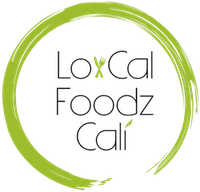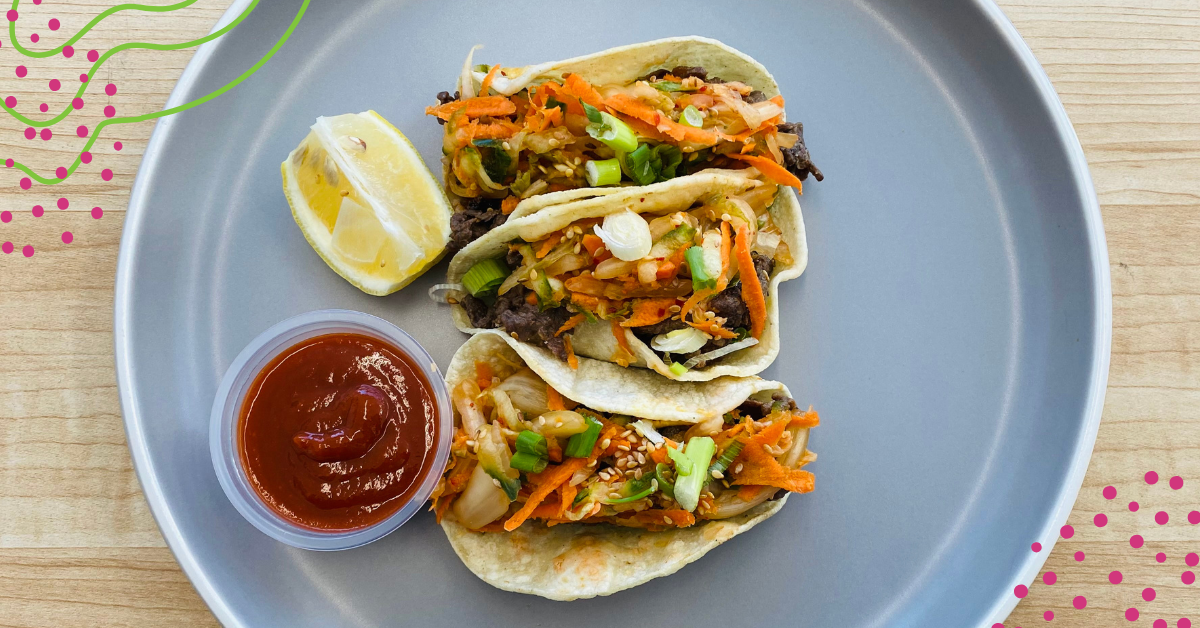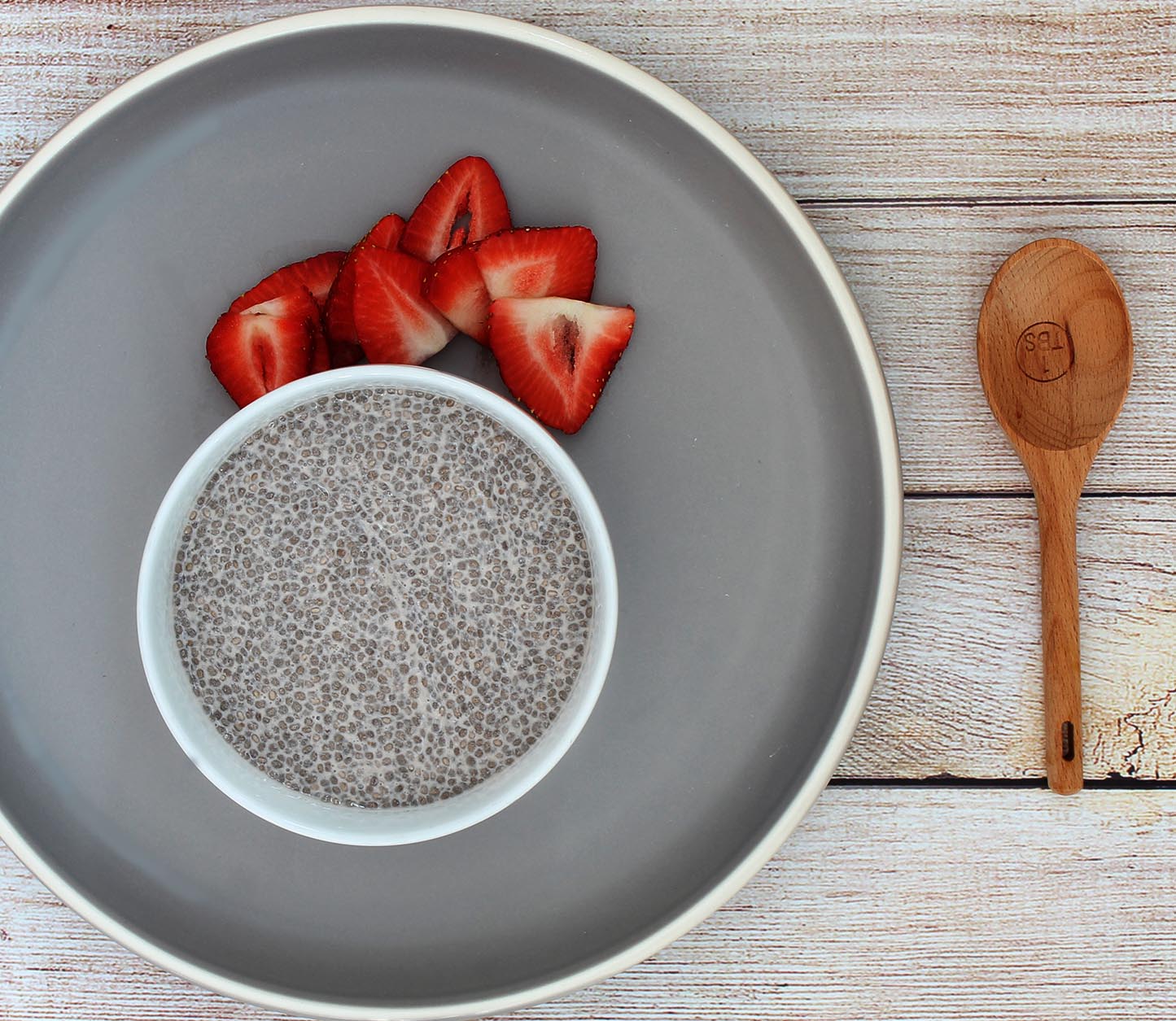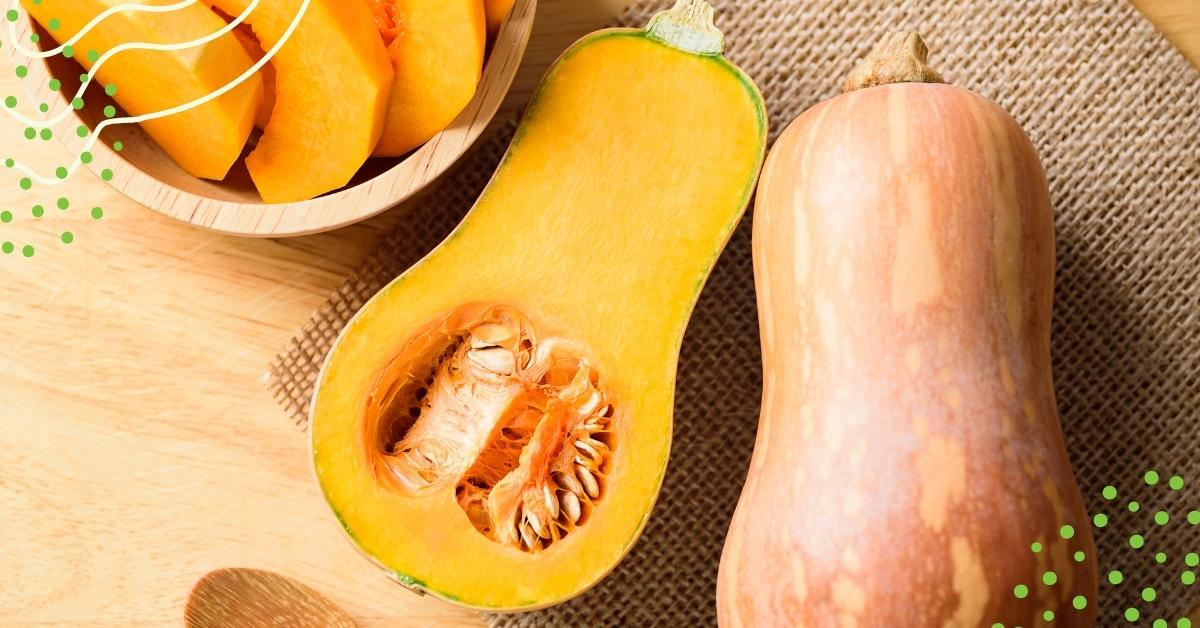Scrolling through Instagram and other social media sites, you’ll discover a variety of conflicting nutrition advice. Carbs are good for you. Carbs are bad for you. Red meat will lead to an increased risk of a heart attack. Red meat cuts the risk of a heart attack.
It can be hard to know what to believe. In this article, I will debunk some of the most popular nutrition myths.
#1 It Takes Too Much Time To Prepare Nutritious Meals
For most people, it just isn’t possible to cook heavy meals from scratch every day. When your time is taken up with work, kids, school, and other obligations, it can be impossible to find the time to find a healthy recipe, chop up vegetables, and cook the meal. Luckily, all of this is not necessary to eat healthy foods.
If you’re short on time, there are lots of ways to eat healthier, including utilizing meal delivery services. You can get fresh meals delivered right to your home. This totally eliminates prep and clean-up and makes it easy to fit eating healthy into your hectic schedule. All you have to do is sit back and enjoy a nutritious, tasty meal.
#2 Healthy Food Is More Expensive
The idea that healthy food is more expensive is something that you believe. I know that it’s certainly something that I hear a lot. But, it’s just a myth that it costs more to eat nutritious food. In the short run, it may be more expensive to eat healthier foods. However, this cost is extremely small compared to the health costs of an unhealthy diet, according to the Harvard School of Public Health.
Over the long run, poor nutrition costs much more. That is because diets high in sodium, saturated fat, and refined sugar are linked to a variety of health issues, including diabetes, stroke, and heart disease. These issues result in increased medical costs across a person’s lifespan. According to public health research, poor diets are linked to more than $50 billion in health care costs in the United States.
So, how can you save money on healthy eating? Healthy meal delivery can save you money on nutritious food if you use it in the right way, such as using it on a regular basis to replace trips to the grocery store. That alone can help you cut down on the costs of gas.
#3 Snacking Is Really Bad for You
There are a lot of mixed opinions when it comes to snacking. Snacking gets a bad reputation. But, then others say that it’s not that bad. There is even research that indicates that it can actually reduce the likelihood of overeating at meals. So, who is right?
The truth is that snacking can be either good or bad. It can work for or against you. It depends on how you snack. On one hand, it takes the edge off your hunger and can supply the beneficial nutrients that your body needs. Snacking can be problematic if you choose highly processed cookies and chips from the vending machine which will ultimately cause your blood sugar to crash.
However, if you choose snacks that are nutritious, they can actually boost your nutrient intake. For example, this organic strawberry chia pudding is high in dietary fiber and protein, both of which are essential for a healthy diet. Both fiber and protein can help keep you full longer.
#4 Red Meat Should Be Avoided At All Costs
You have probably read the headlines: “Red meat is bad for you!” But, is it true? The answer is that it depends. There are many health benefits of eating red meat. However, the benefits boil down to what type of red meat you eat, how much, and how often.
There is evidence that eating certain types of red meat, especially processed meats, like sausage and bacon, are not good for your health. However, other types of red meat, including leaner cuts of steak are very nutritious. Eating these on a regular basis can help ensure that you get adequate amounts of protein in your diet.
# 5 I Take Supplements, I Don’t Have To Pay Attention To Nutrients
Supplements can’t replace the nutrition that you get with healthy, fresh foods. According to WebMD, when you eat whole foods, you are getting food in its natural state, which is more likely to result in nutrients, vitamins, and minerals remaining intact in the food.
Studies have shown that eating fresh fruits and vegetables is a better way to get the vitamins and minerals that your body needs compared to taking supplements. Getting your nutrients from supplements can even be harmful to your health. That’s because some supplements can contain vitamins in excess of daily nutritional needs. However, scientists say that exceeding the daily nutritional limit of vitamins by eating whole and fresh foods didn’t show the same risk.
#6 There Is A Specific Diet That Is Perfect for Everyone
You’ve heard the praise: A ketogenic diet is best or perhaps a low-carb diet is best. In truth, every diet wants its fans to believe it is the one that they should be following. But, there is no such thing as the perfect diet for everyone. The best diet is the one that works best for you.
The perfect diet for you should be one that provides a variety of nutrients and that you enjoy. This may be a keto diet, low carb, low GI, or plant-based. It just depends on what you like to eat and on your specific dietary needs.
#7 Eating at Night Will Make You Gain Weight
So, does eating at night cause weight gain? According to conventional wisdom, it doesn’t matter what time you eat. A calorie is a calorie, whether you eat it at 8:00 AM or 8:00 PM. However, there are lots of studies that have shown that eating late at night does, in fact, can lead to excess weight gain.
So, what is the truth? The bottom line is that you are no likelier to gain weight from calories eaten at night. The problem is that people who eat at night are more likely to choose higher-calorie foods and they are also more likely to overeat. That is because you are more tired at night and it becomes harder to make good decisions. The tendency is to grab whatever is available.
The most important factor is that you stay within your daily calorie needs. A good way to do this is with a meal plan that counts the calories for you. Choose a plan that includes a variety of nutritious foods, as well as snacks. That way, you can eat anytime you’d like as long as you stick to the plan.
#8 Eggs Are Bad for Your Heart
It is true that eggs are high in cholesterol. However, the cholesterol in eggs doesn’t cause cholesterol levels to skyrocket in the same way that foods high in saturated and trans fats do, according to The Mayo Clinic.
Eggs are nutrient-dense and are a great source of protein. In fact, one egg alone has almost six grams of protein. Eggs also contain all nine essential amino acids. This is an important fact because your body needs amino acids but can’t make them by itself.
Final Thoughts
It’s time to put the above common misconceptions to rest. Hopefully, this advice will help you integrate better nutrition into your life every single day for a healthier, happier you!







